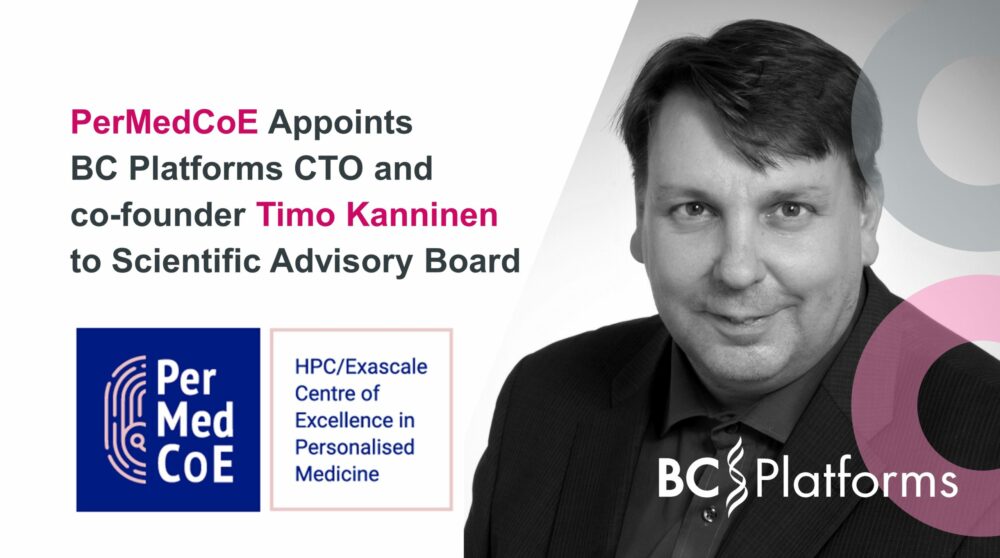
PerMedCoE, which stands for the HPC/Exascale Center of Excellence in Personalized Medicine, is a European Center of Excellence for providing AI to assist with personalized medicine. The project aims to take full advantage of the power of supercomputers active across Europe to optimize the analysis of biological and medical data from patients and offer them a personalized course of treatment.
The PerMedCoE project started in October 2020 and seeks to provide an efficient and sustainable entry point to the European High-Performance Computing (HPC) and exascale computing systems, in order to translate omics analysis into actionable models of cellular functions of medical relevance. Specifically, the project has the following objectives:
- Optimize a set of cell-level simulation software to HPC/exascale platforms
- Driving the extension of optimized software in selected use cases of scientific interest
- Integrating existing communities in the personalized medicine area into the European HPC/exascale ecosystem
- Building the basis for the sustainability of PerMedCoE through the training of end-users in the use of HPC/exascale personalized medicine tools
Timo Kanninen, CTO and co-founder of BC Platforms, has long-term experience in software development, genetic epidemiology, statistical genetics, and clinical statistics. As a Scientific Advisory Board member, he will provide recommendations to the PerMedCoE project on the latest trends in the areas of HPC, personalized medicine and bioinformatics, and advise on opportunities for the results of the project.
Mr Kanninen commented: “This project is developing tools for the future of Personalised Medicine and keeping us updated of new potential personalised medicine applications, as well as future requirements of hospital IT systems and types of data that needs to be processed in hospitals. In our part, we’ll provide some insights on how these new approaches could be eventually applied to clinical patient care as well as for pharmaceutical research use.”


